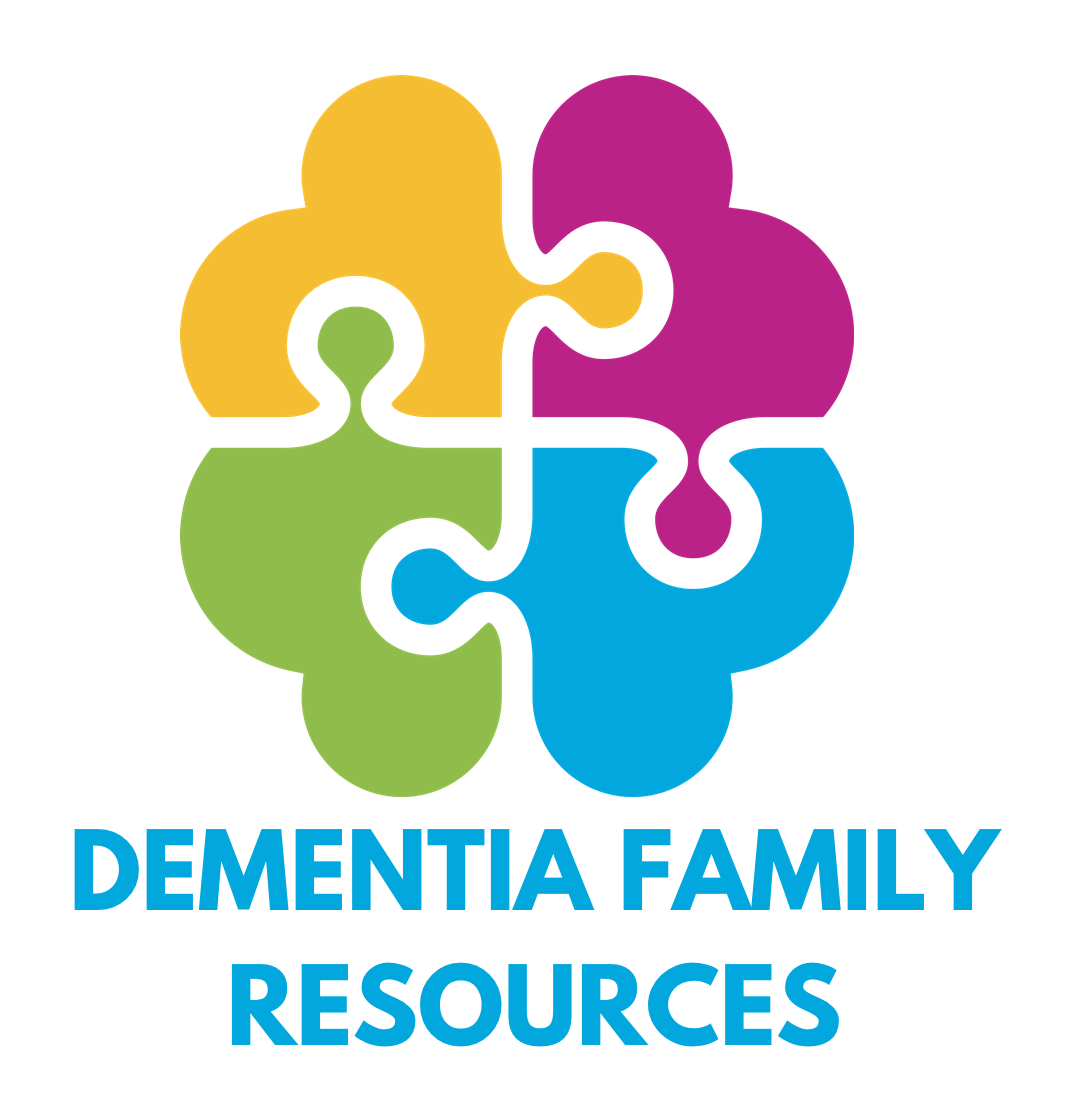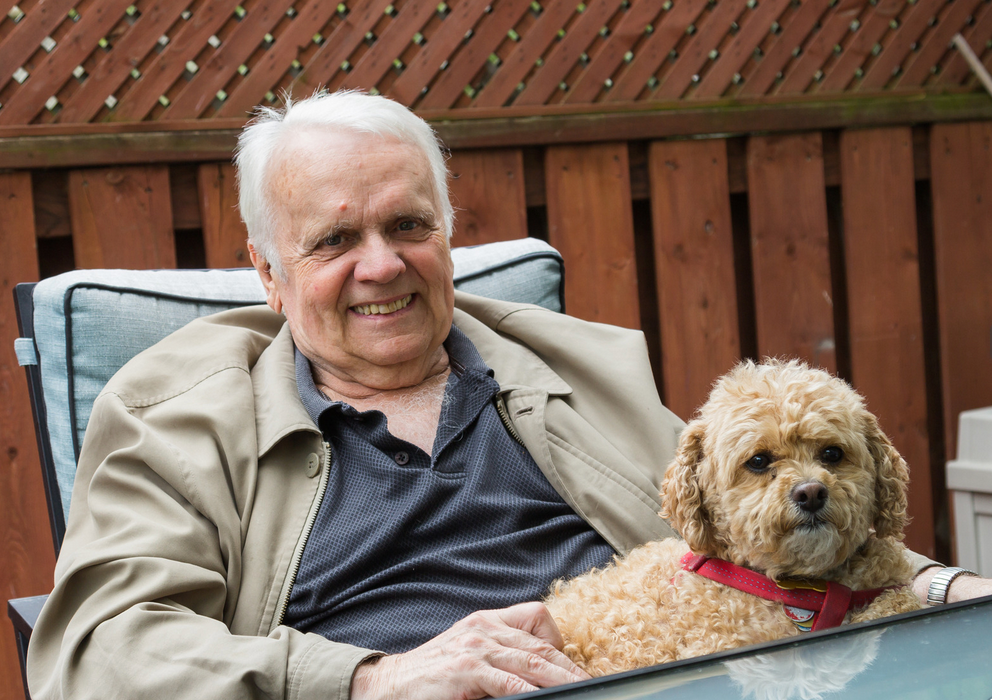
Contact Us
We will get back to you as soon as possible
Please try again later
Understanding Alzheimer's Disease
Understanding Alzheimer's Disease
Alzheimer's disease is a progressive brain disorder that affects memory, thinking skills, and the ability to carry out simple tasks. It is the most common cause of dementia — a continuous decline in thinking, behavioral, and social skills that disrupts a person's ability to function independently.
What Causes Alzheimer's?
The cause of Alzheimer's disease is not entirely understood, but it is believed to be caused by a combination of genetic, lifestyle, and environmental factors. At a microscopic level, Alzheimer's disease is characterized by the buildup of amyloid plaques and neurofibrillary tangles in the brain, which disrupt the function of neurons and eventually lead to their death.
Symptoms and Progression
Alzheimer's disease typically starts with mild memory loss, difficulty recalling recent events, and confusion. As the disease progresses, the symptoms become more severe, leading to difficulties in speaking, reading, writing, and recognizing people and objects. In the advanced stages, patients may experience severe memory loss and become unable to care for themselves.
Diagnosis and Treatment
There is no single test for Alzheimer's disease. Doctors diagnose Alzheimer's based on a combination of medical history, physical examination, lab tests, and characteristic changes in thinking, day-to-day function, and behavior. Although there is no cure for Alzheimer's disease, there are medications that can temporarily improve symptoms or slow the rate of decline.
Living with Alzheimer's
Living with Alzheimer's is challenging for both the individual and their loved ones. However, there are resources available to help manage the disease. Regular exercise, a healthy diet, social engagement, and mentally stimulating pursuits can help people with Alzheimer's disease to maintain a quality of life.
Despite the challenges, many people with Alzheimer's disease lead meaningful and fulfilling lives.
By understanding more about the disease, we can offer better support and care to those affected and continue to search for ways to treat and prevent this devastating disorder. Additionally, there are support groups and organizations dedicated to raising awareness and providing resources for individuals with Alzheimer's and their families. It is important to not only care for those with the disease but also to educate us and others about it to create a more understanding and supportive community.









